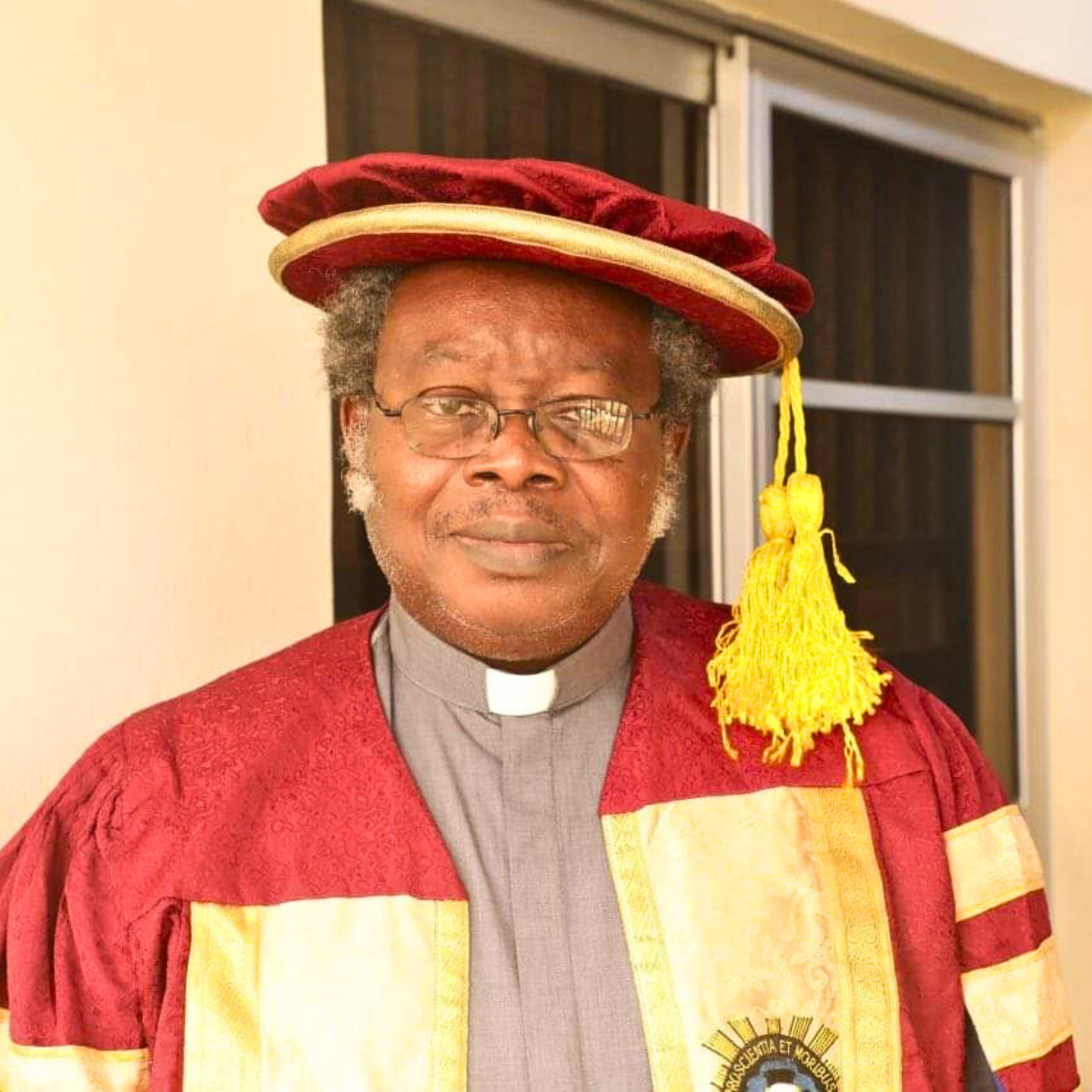
Protest in Nigeria
Nigeria, a country blessed with abundant human and natural resources, has been plagued by bad governance for decades.The citizens have been subjected to poverty, corruption, and injustice, leading to widespread discontent.
In response, protests have become a common occurrence, with citizens demanding change and an end to bad governance
Protests in Nigeria have been met with both support and opposition. Those in support of the protests believe that it is a necessary step towards achieving change and holding those in power accountable.
They argue that the government has failed to deliver on its promises, and it is time for the people to take matters into their own hands.
Nigerians are protesting against the government for a variety of reasons, including:
Poor Governance: Perceived incompetence, corruption, and lack of accountability among government officials.
Economic Hardship: Rising poverty, unemployment, and inflation, despite Nigeria's vast oil wealth.
Insecurity: Failure to address Boko Haram insurgency, banditry, and kidnapping, leading to loss of lives and property.
Fuel Price Hikes: Increase in fuel prices, leading to higher transportation costs and living expenses.
Electricity Tariff Hikes: Increase in electricity prices, despite poor power supply.
Corruption: Widespread corruption, including embezzlement and nepotism, in government agencies.
These grievances have led to widespread discontent and protests across Nigeria, demanding better governance, accountability, and improved living standards.
On the other hand, those opposed to the protests claim that they are unnecessary and counterproductive. They argue that protests disrupt social order, cause economic losses, and undermine the authority of the government.
In response to the protests, the government has employed various anti-protest measures, including:
1. Forceful dispersal of protesters
2. Arrest and detention of protest leaders
3. Restrictions on freedom of assembly and expression
4. Propaganda campaigns to discredit protesters
These measures have only served to fuel the protests, as citizens see them as an attempt to silence their voices and maintain the status quo.
To end bad governance in Nigeria, the following should be considered by all:
Electoral Reform: Implement a credible and transparent electoral process to ensure free and fair elections
Increase Transparency: Enact and enforce laws promoting transparency in government activities and public officials' assets.
Citizen Engagement: Encourage public participation in budgeting, planning, and monitoring government activities.
Leadership by Example: Leaders must demonstrate commitment to anti-corruption efforts and lead by example.
International Cooperation: Collaborate with international partners to combat cross-border corruption and share best practices.
Youth Empowerment: Empower and involve youth in governance and anti-corruption efforts.
Traditional and Religious Leaders' Engagement: Collaborate with traditional and religious leaders to promote good governance.
Gradual but Consistent Reforms: Implement gradual but consistent reforms to address the root causes of bad governance.
Remember, ending bad governance in Nigeria requires a sustained effort, commitment, and collaboration among citizens, civil society, and government.
Protests and anti-protest measures will continue to be a feature of Nigerian politics until the government addresses the root causes of discontent.
It is time for the government to listen to the voices of its citizens and take concrete steps towards ending bad governance. The future of Nigeria depends on it.



Leave a Comment